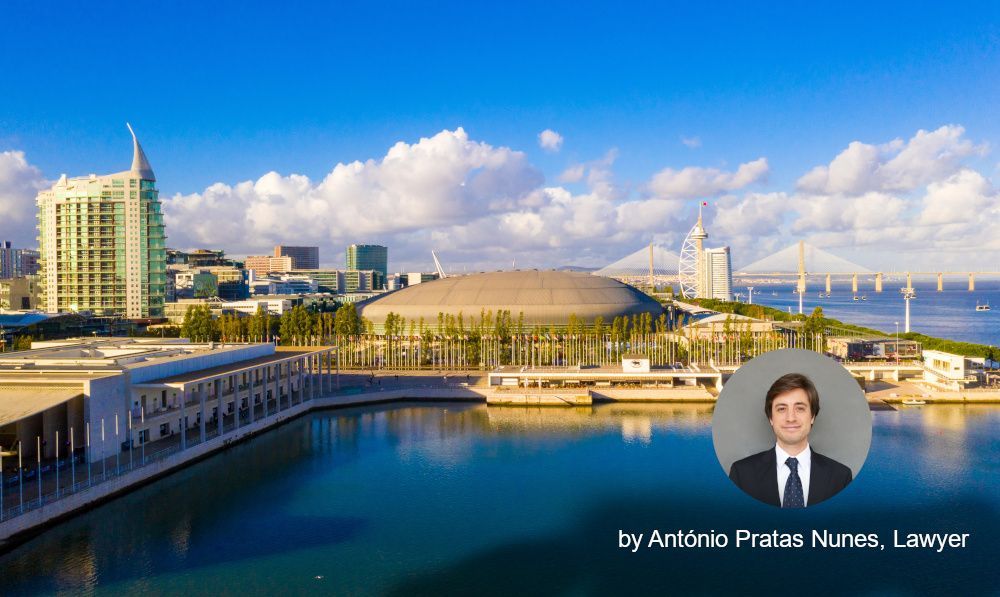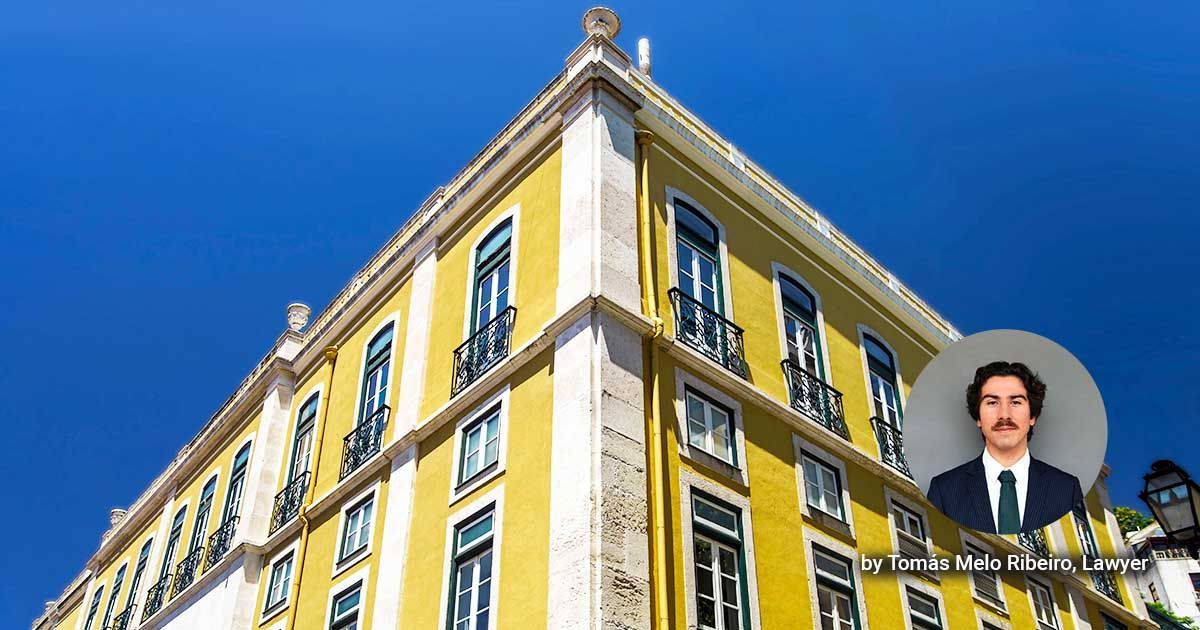IMT Exemption and Refund: A Key Incentive for Urban Rehabilitation in Portugal

Diogo Pedro | Lawyer

Cleuzina Cruz | Paralegal
Portugal has implemented a series of tax benefits to encourage urban rehabilitation, with the IMT (Imposto Municipal sobre Transmissões Onerosas de Imóveis) exemption and refund being among the most significant. IMT is a property transfer tax levied at the time of real estate acquisition, and depending on the property’s value and purpose, it can represent a substantial cost for buyers. However, the Portuguese government allows for IMT exemption at the time of purchase or a refund after rehabilitation under specific conditions. These measures are designed to promote investment in older buildings, revitalise urban areas, and increase the availability of quality housing.
To qualify for an IMT exemption, the property must be over 30 years old or in a designated Urban Rehabilitation Area (ARU). Additionally, the buyer must commit to rehabilitation works within three years of purchase. These works must comply with legal requirements under the Regime Jurídico da Reabilitação Urbana (RJRU) or the Regime Excecional de Reabilitação Urbana (RERU). Upon completion, the property’s conservation rating must improve by two levels or more, achieving at least a "good" classification. The exemption also requires that the property be used for permanent housing, whether as the buyer’s primary residence or as a long-term rental unit. If the property qualifies for an exemption but IMT was initially paid, a refund can be requested once the rehabilitation is officially recognised. This process involves submitting a formal request to the tax authorities along with municipal certification of rehabilitation and proof of compliance with energy efficiency and housing quality standards. If approved, the IMT paid at the time of purchase is refunded, further reducing acquisition costs.
Beyond IMT benefits, Portugal offers a range of additional tax incentives for urban rehabilitation. Properties undergoing accepted rehabilitation qualify for an IMI (Imposto Municipal sobre Imóveis) exemption for three years, with a possible five-year renewal if they remain designated for permanent housing.
Rental income can also be taxed at a reduced autonomous IRS rate of 25%, instead of the standard progressive tax rates of up to 53%.
Furthermore, renovation works qualify for a reduced VAT rate of 6%, provided rehabilitation occurs in urban rehabilitation areas (critical areas for urban recovery and reconversion, areas of intervention by urban rehabilitation companies and others) delimited in legal terms according to local regulations.
Also, contracts for the improvement and renovation of properties or independent parts used for housing may also be included, with the exception of cleaning work, maintenance of green spaces and contracts for real estate that include elements such as swimming pools, saunas, tennis courts, golf or mini-golf courses or similar facilities.
To maximise these benefits, property buyers should assess eligibility before purchasing a property, ensuring it meets the criteria for IMT exemption or later reimbursement. It is crucial to obtain municipal approval for rehabilitation projects and comply with tax regulations to take advantage of other incentives. Buyers who pay IMT at the time of purchase should maintain thorough records and submit the required documentation to request a refund after completing renovations.
The IMT exemption and refund serve as key financial tools for investors and homeowners engaged in urban rehabilitation. By reducing acquisition and renovation costs, these incentives contribute to preserving Portugal’s architectural heritage, improving urban infrastructure, and increasing the supply of energy-efficient housing. Investors and buyers considering a property for rehabilitation
should consult legal and tax professionals to ensure compliance with all requirements and fully benefit from these tax advantages.











